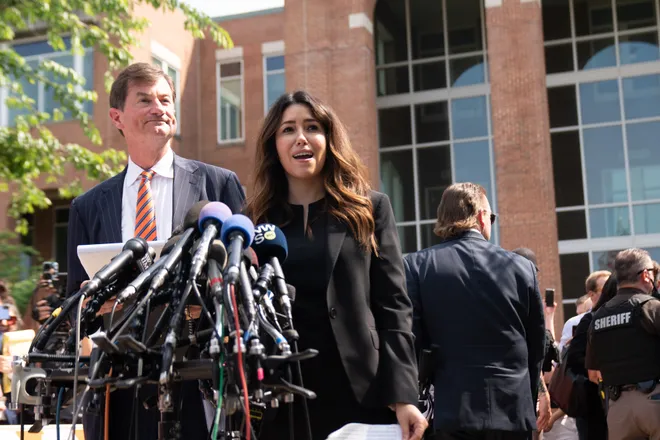
Barely 14 months following the conclusion of the defamation trial involving Amber Heard and Johnny Depp, Netflix is delving back into the highly publicized and livestreamed legal battle that centered around conflicting narratives. The trial, characterized by a he-said-she-said dynamic, not only captivated a nation but also garnered significant attention within the realm of social media.
The courtroom confrontation featured Depp, aged 60, and Heard, aged 37, engaging in a civil legal battle prompted by a 2018 op-ed authored by Heard in The Washington Post. In this op-ed, Heard alluded to experiencing “domestic abuse,” without explicitly naming Depp. Responding to this, Depp initiated a $50 million defamation lawsuit, to which Heard, his former spouse, retaliated with a $100 million countersuit.
Throughout the trial’s duration, which spanned from April to June, audiences eagerly engaged with social media platforms to dissect the testimonies, evidentiary submissions, and legal teams. Remarkably, sentiments were largely in favor of Depp, while Heard faced significant public ridicule. The recently released three-part series titled “Depp v. Heard,” now available for streaming, explores the aftermath of the trial’s outcome, particularly the backlash directed towards Heard. Additionally, the documentary skillfully weaves together the testimonies of the ex-spouses, enabling viewers to compare their divergent accounts of major conflicts in a side-by-side manner.
The tale of Heard and Depp began on a positive note as they found love while working together on the set of the 2011 film “The Rum Diary,” an adaptation of Hunter S. Thompson’s novel. The subsequent narrative involving Amber Heard and Johnny Depp prompts us to contemplate whose version of events we are inclined to accept.
“She appeared to be the ideal companion: intelligent, kind, and humorous,” Depp conveyed during his testimony from the courtroom in Fairfax, Virginia. The two individuals got married in 2015.
“It was a unique kind of love,” Heard testified while on the stand. “And then he would… vanish.”
Throughout the trial, audio and video recordings of intense disagreements between the couple were presented as evidence. Nevertheless, Depp vehemently denied any instances of physically abusing Heard. If you’ve watched the docuseries, you might have some questions, and here are a few that may come to mind:
Why were cameras allowed in the Johnny Depp and Amber Heard trial?
Elaine Bredehoft, who served as an attorney for Heard, expressed her opposition to having cameras present in the courtroom during a segment on “Today” in June 2022. She cited the “sensitive nature” of the trial as the reason behind her stance, stating that televising the proceedings turned it into a spectacle. This assessment turned out to be accurate, as the live feed of the trial became a continuous source of material for online commentators.
Depp’s attorney, Camille Vasquez, revealed in a July 2022 interview with “CBS Mornings” that Depp advocated for having cameras in the courtroom. Vasquez explained to Gayle King that Depp’s motivation was to have the opportunity to share his side of the story. Given the serious nature of the allegations against him, Depp felt it was crucial to be able to present his perspective. Consequently, having cameras in the courtroom was of great importance to him.
Shia LaBeouf, Johnny Depp, Armie Hammer: Who should be given a chance at redemption?
Why did Johnny Depp lose his British defamation suit against The Sun?
Depp’s attempt to sue the publisher of The Sun over a 2018 article that labeled him a “wife-beater” ended in failure. Justice Andrew Nicol’s ruling in November 2020 determined that “the great majority of alleged assaults of Ms. Heard by Mr. Depp have been proved to the civil standard.” Nicol went on to assert that he believed Depp had engaged in 12 instances of domestic violence against Heard.
During her appearance on “Today,” Bredehoft questioned what Depp’s legal team had learned from this experience. She pointed out that their approach seemed to involve discrediting Amber and withholding evidence. Bredehoft emphasized that a significant amount of evidence that had been omitted during the trial in the UK was presented in the US case.
What evidence was excluded in the US trial, and why?
Heard’s sister, Whitney Henriquez, was the sole witness to testify that she witnessed Depp physically abusing Heard. However, a piece of evidence that could have further corroborated Heard’s allegations was not presented to the jury, potentially strengthening her claims. Depp’s former assistant, Stephen Deuters, had purportedly sent text messages to Heard after an incident where Depp allegedly kicked her to the floor of a plane during a flight from Boston to Los Angeles in 2014. While these text messages were admitted as evidence in the UK trial, they were not deemed admissible in the Virginia courtroom due to being categorized as hearsay.
In 2016, Deuters claimed to TMZ that the text messages had been altered. However, during the UK proceedings, when presented with forensic evidence confirming the authenticity of the texts, Depp retracted his objection to their validity. Elaine Bredehoft, Heard’s attorney, communicated in an email to USA TODAY, “Stephen Deuters challenged the validity of the text messages in the U.K. proceedings, but when presented with the forensic evidence verifying the validity, Depp withdrew his objection on the basis of validity.” She further stated, “We believe a SIGNIFICANT amount of damaging evidence to the Plaintiff and supporting evidence for the Defendant was excluded from the U.S. trial based on evidentiary rulings with which we took exception.”
Camille Vasquez, Depp’s attorney, did not respond to USA TODAY’s request for comment on this matter.
Why didn’t the jury believe Amber Heard?
As depicted in “Depp v. Heard,” the documentary sheds light on instances where Amber Heard and her legal team seemed to be entangled in partial truths. During the trial, Heard’s attorney, Bredehoft, presented a makeup compact to the jury, asserting that her client carried it to conceal bruises inflicted by Depp. However, there is a discrepancy in this claim. The manufacturer of the makeup product stated that it was launched after the couple had already parted ways.
This highlights a situation where the evidence presented might not have accurately aligned with the timeline of events, suggesting potential inconsistencies in Heard’s account. While it’s conceivable that Bredehoft might have employed the makeup compact as an illustrative example rather than a factual representation, the existence of such discrepancies adds complexity to the narrative presented during the trial.
In another notable incident, Heard publicly announced on a talk show that she had allocated her $7 million divorce settlement from Depp, dividing it between the American Civil Liberties Union and Children’s Hospital Los Angeles. However, when pressed by Depp’s attorney, Vasquez, while testifying, Heard conceded that she had used the terms “donating” and “pledging” interchangeably and, in truth, had not fulfilled her commitment to contribute the full amount to these charities. Furthermore, the jury, composed of five men and two women, listened to audio recordings wherein Heard admitted to physically striking Depp.
One anonymous male juror conveyed to “Good Morning America” in June 2022 that many aspects of Heard’s narrative appeared inconsistent. He shared that the majority of the jury perceived her as the more dominant instigator in their conflicts. The juror expressed discomfort regarding her emotional displays, facial expressions, and intense gazes directed at the jury, which some perceived as relying on insincere tears. He noted that the revelation of Heard’s failure to fully honor her charitable pledges had a negative impact on her credibility. This juror’s perspective was that although both Heard and Depp exhibited abusive behavior, the evidence fell short of substantiating the extent of the claims made by Heard.
On June 1, 2022, the jury granted Depp damages totaling $15 million, which was subsequently lowered to around $10 million, while Heard was awarded $2 million in damages. Following Heard’s appeal, the ex-couple reached a resolution in December. As part of the settlement, Heard paid Depp $1 million, which he subsequently pledged to donate to charitable causes.
This case’s conclusion was covered in news headlines, with Heard making the “difficult decision” to settle the defamation case involving Johnny Depp.

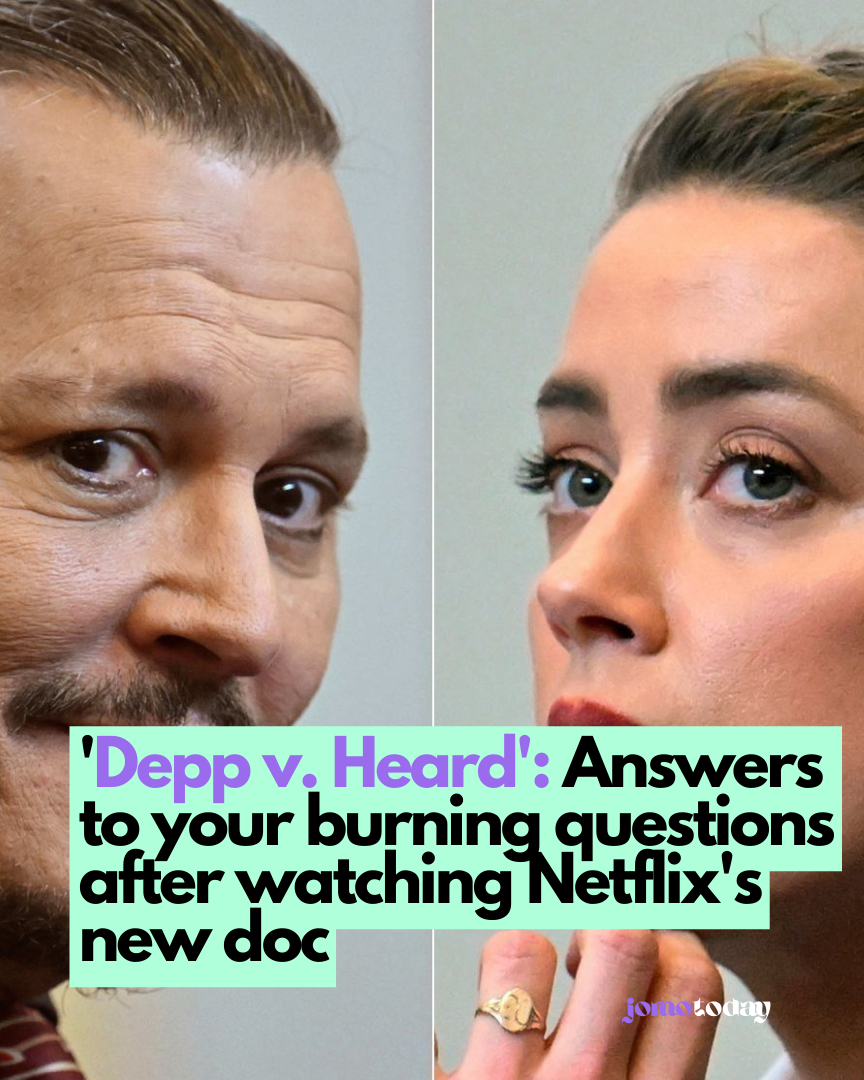
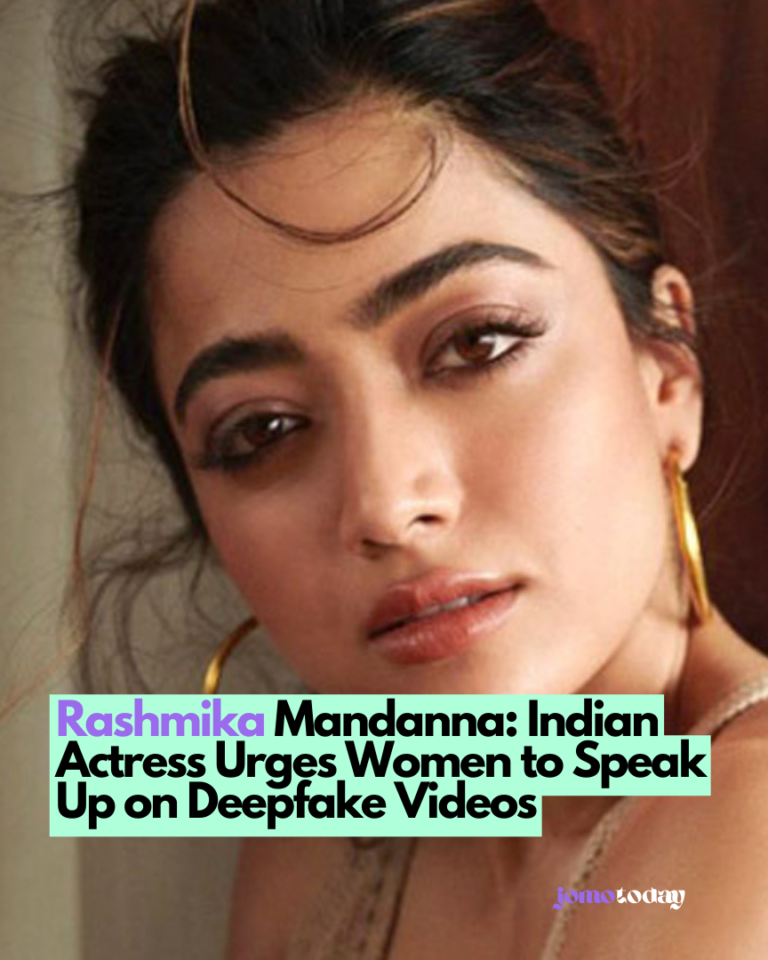

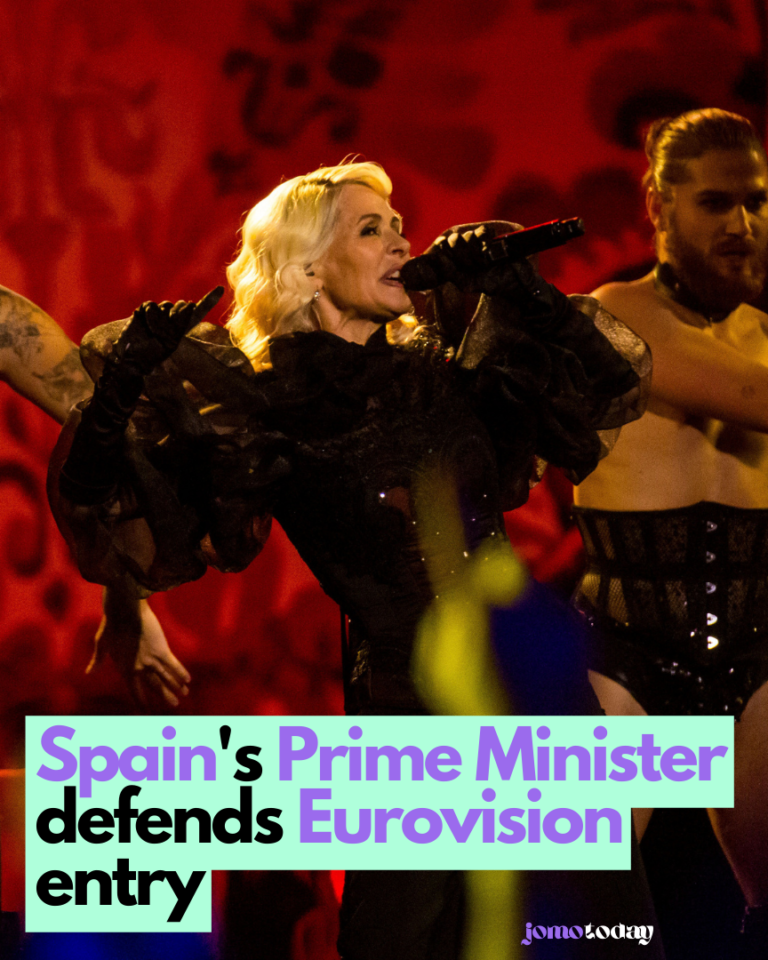
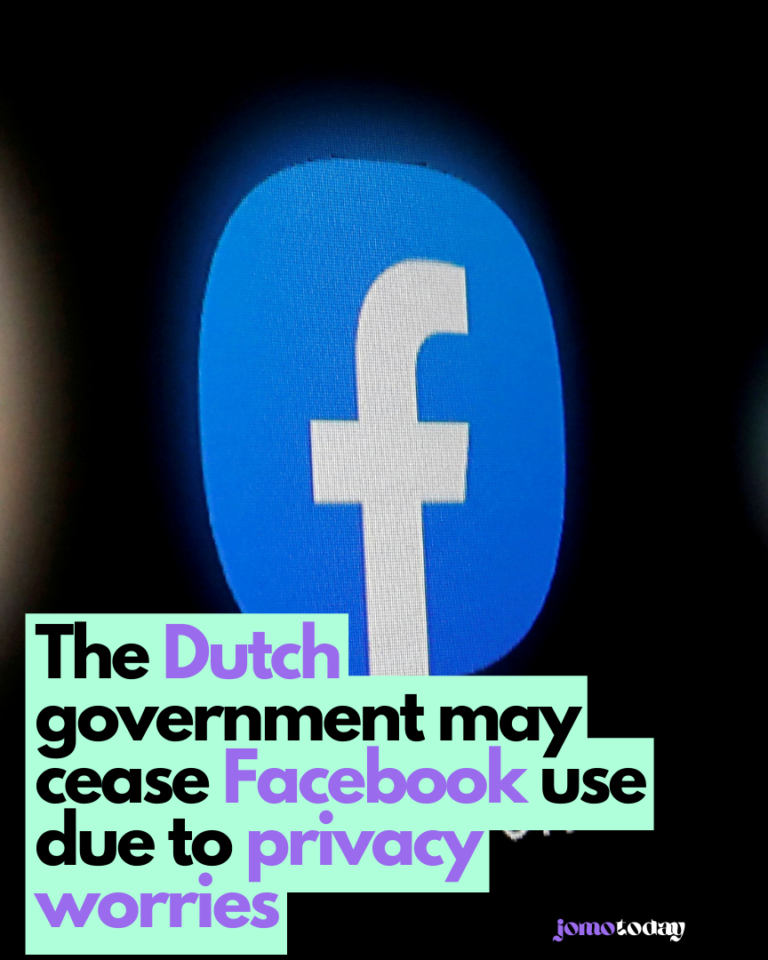
1 Comment